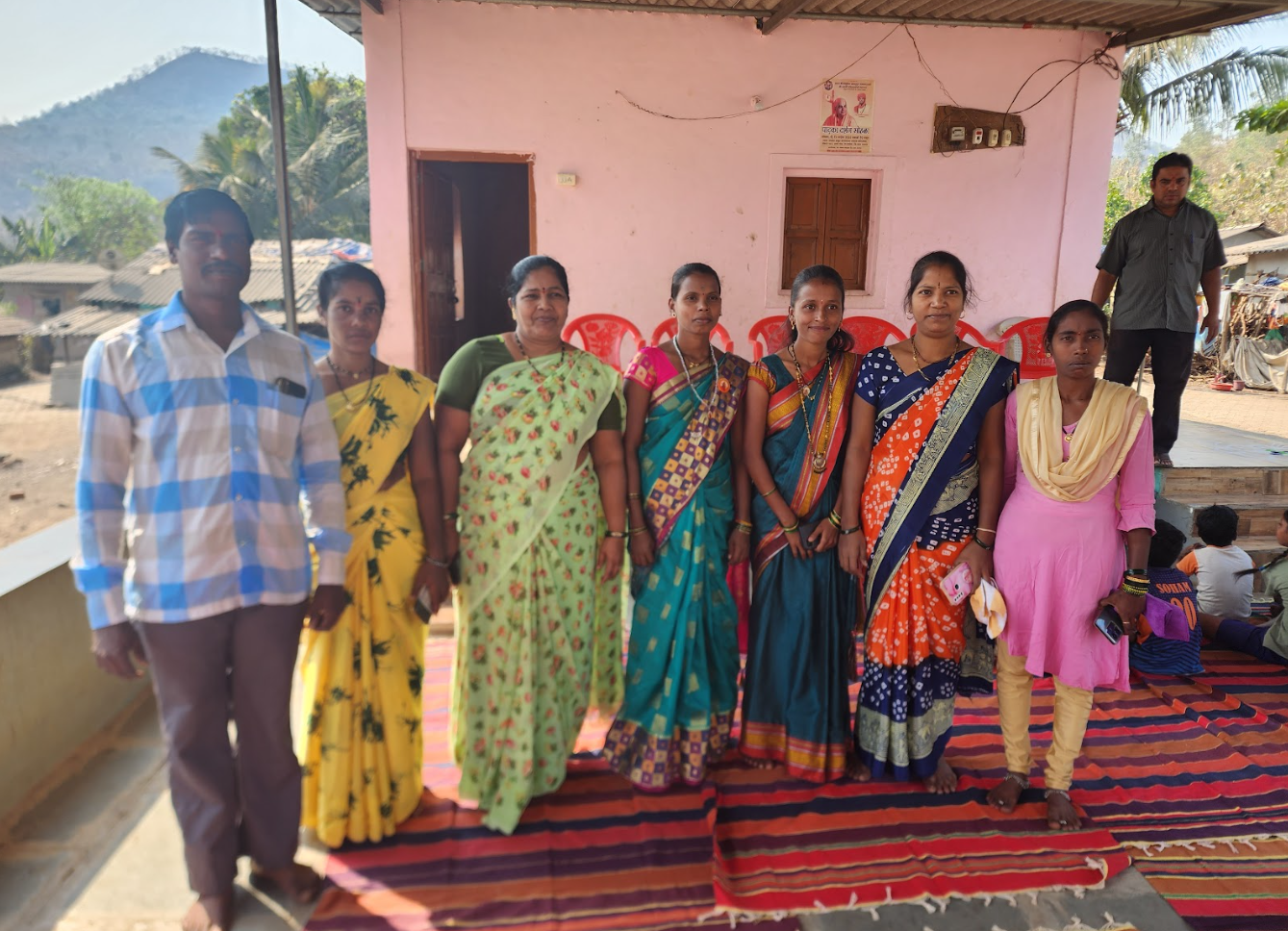
When she was 10, Sister Linda Joseph received a kiss on the forehead from St. Mother Theresa of Calcutta. That was the day she knew she wanted to be a religious sister, and dedicate her life to helping children in need. “I was blessed in many ways throughout my life,” Sister Linda said. “Mother Theresa kissing my forehead gave me a sense of peace that I had never experienced before. I do hope that we can provide our students with some sense of peace by letting them know that God loves them and that they are not alone.”
Fast-forward three decades, and this Visitation Sister is running the Santwan Boarding School for children with special needs in the Diocese of Allepey, in the southern Indian state of Kerala. The students, who have different disabilities, find in this school a solace that their parents cannot offer due to lack of resources. In most poor-income households, both parents must work, and often, as day laborers and marginal farmers.
In this school, children can paint, play sports, and even learn classical dance.
India has 174 Dioceses and eparchies.
There are more than 50,000 religious sisters in the country.
In the outskirts of Mumbai, four sisters from the Daughters of Cross train teachers who work in 12 different villages, operate a boarding school for girls, and accompany people to the hospital when needed.
Santwan Boarding School
The Santwan Boarding School is one of hundreds of schools throughout India that are managed by Catholic sisters. They vary in size: some are in small rural areas, and others are among the best of Mumbai’s and New Delhi’s private education system.
In Vadgaon village, four hours from downtown Mumbai and one of the mission territories within this archdiocese, all the children from 120 families go to the same public school. However, this rural area is so far from the government’s attention, that the state-funded teachers don’t actually teach children to read or write: “They come in, give the children a snack, and then ignore them the rest of the day,” said Shailaja, a teacher who has been part of an archdiocesan group of animators – teachers, health workers, and social workers – for the past 14 years. She received her training from the Daughters of the Cross.
Daughters of the Cross
Four sisters from the Daughters of the Cross work in the region of Alibag, 60 miles from downtown Mumbai and including over a dozen villages such as Vadgaon. They help train the animators who work in
these villages, making sure the children do, in fact, learn to read and write.
Sister Albina Murzello, a member of the order, often visits villages and hamlets or accompanies people when they must go into the city to a hospital because most don’t feel confident enough to engage in conversation with a medical professional.
These four Daughters of the Cross also operate a boarding school for girls aged 5–15 so that they can continue to get an education when their parents, most of whom are seasonal workers, move from one region to another in search of sustenance.
The Society of St. Peter
Although the order subsidizes much of the work of these four sisters, they do rely on the support they receive each year from The Pontifical Mission Societies through the Society of St. Peter.
In the Archdiocese of Pondicherry and Cuddalore, the Sisters of St. Aloysius Gonzaga are also changing the lives of many.
They have been tasked with running 80 self-help groups throughout the dioceses, and they help thousands of people, mostly women, out of poverty. Through the help of the sisters and trained professionals, they learn to make products so that they can sustain themselves and their families. These include crafts, from pencil holders to dolls, candles and soaps, eco-friendly pens wrapped in paper instead of plastic, and jewelry.
One of the women who has been a part of this self-help group for the past four years said,
“I don’t know where I would be today had it not been for the help of the Sisters. They gave me the tools I needed to survive, and to do so with dignity, putting my talents at the service of others.”


